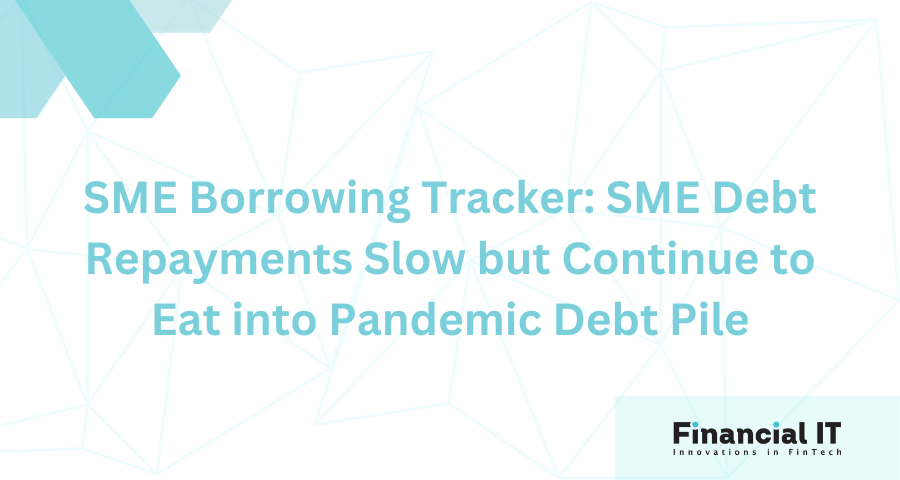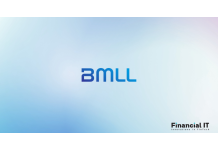Leeds Building Society Enhances Financed Emissions...
- 01.05.2025 09:35 am
Spendesk Partners With Dust to Provide Tailored and...
- 28.04.2025 05:35 pm
Allvue Systems Launches AI-Ready Nexius Intelligent...
- 17.04.2025 11:05 am
Baselight Announces Official Launch Date with Over 31,...
- 09.04.2025 01:25 pm
Experian Announces Major Update to Aperture Data Studio
- 03.04.2025 09:20 am
Four-in-Five Firms Are at Breaking Point With...
- 26.02.2025 01:45 pm
PXP Integrates With Snowflake to Disrupt Merchant Data...
- 26.02.2025 09:15 am
Opensee Delivers Real-Time Risk Analytics for Taula...
- 18.02.2025 08:15 am
nCino Acquires Sandbox Banking To Help Financial...
- 11.02.2025 03:05 pm
Pico and BMLL Forge Groundbreaking Partnership to...
- 14.01.2025 11:40 am
Saudi Exchange Market Data Now Available via QuantHouse
- 03.12.2024 08:45 am
EPAM Completes Strategic Acquisition of First...
- 03.12.2024 08:05 am






















